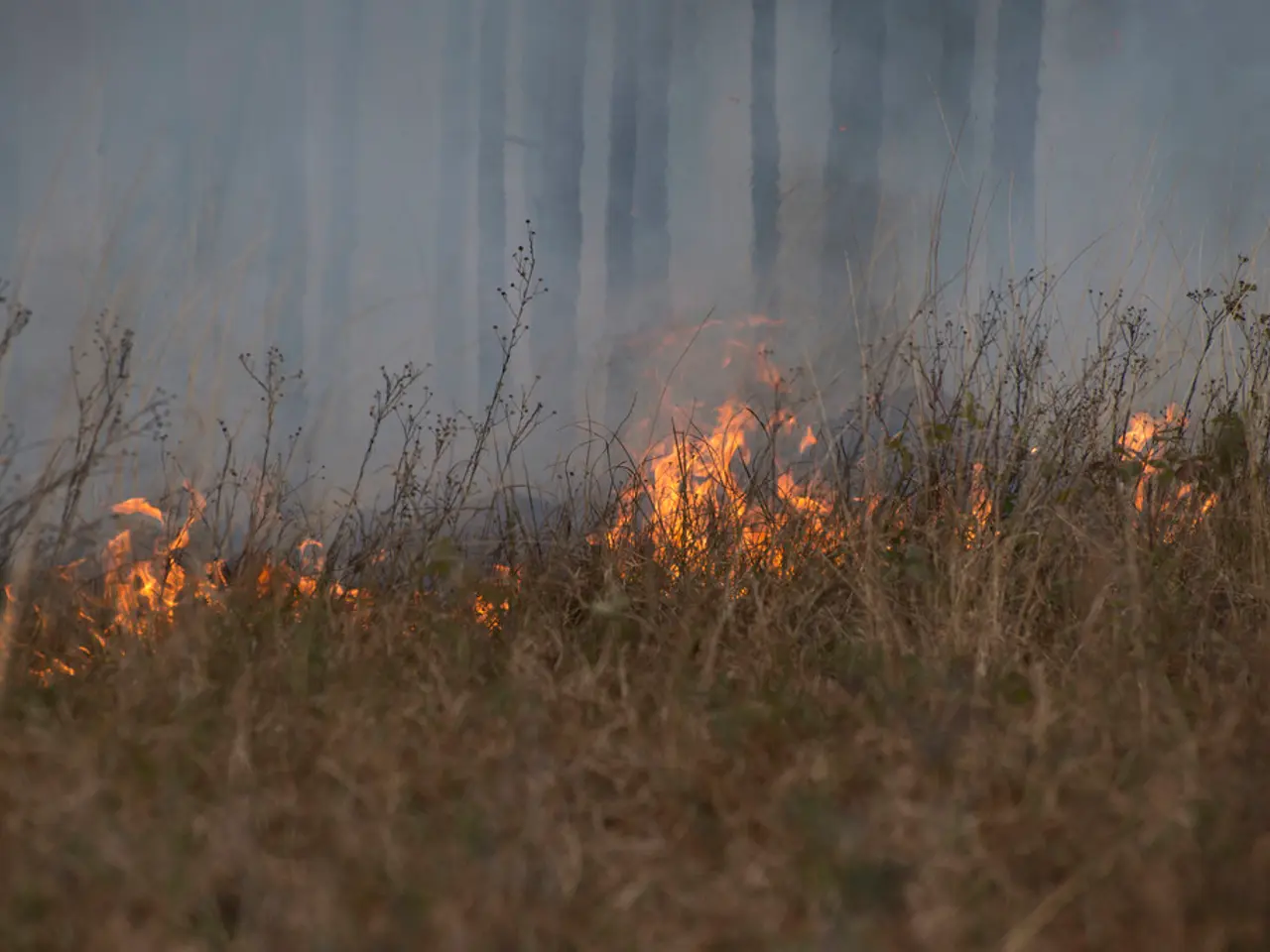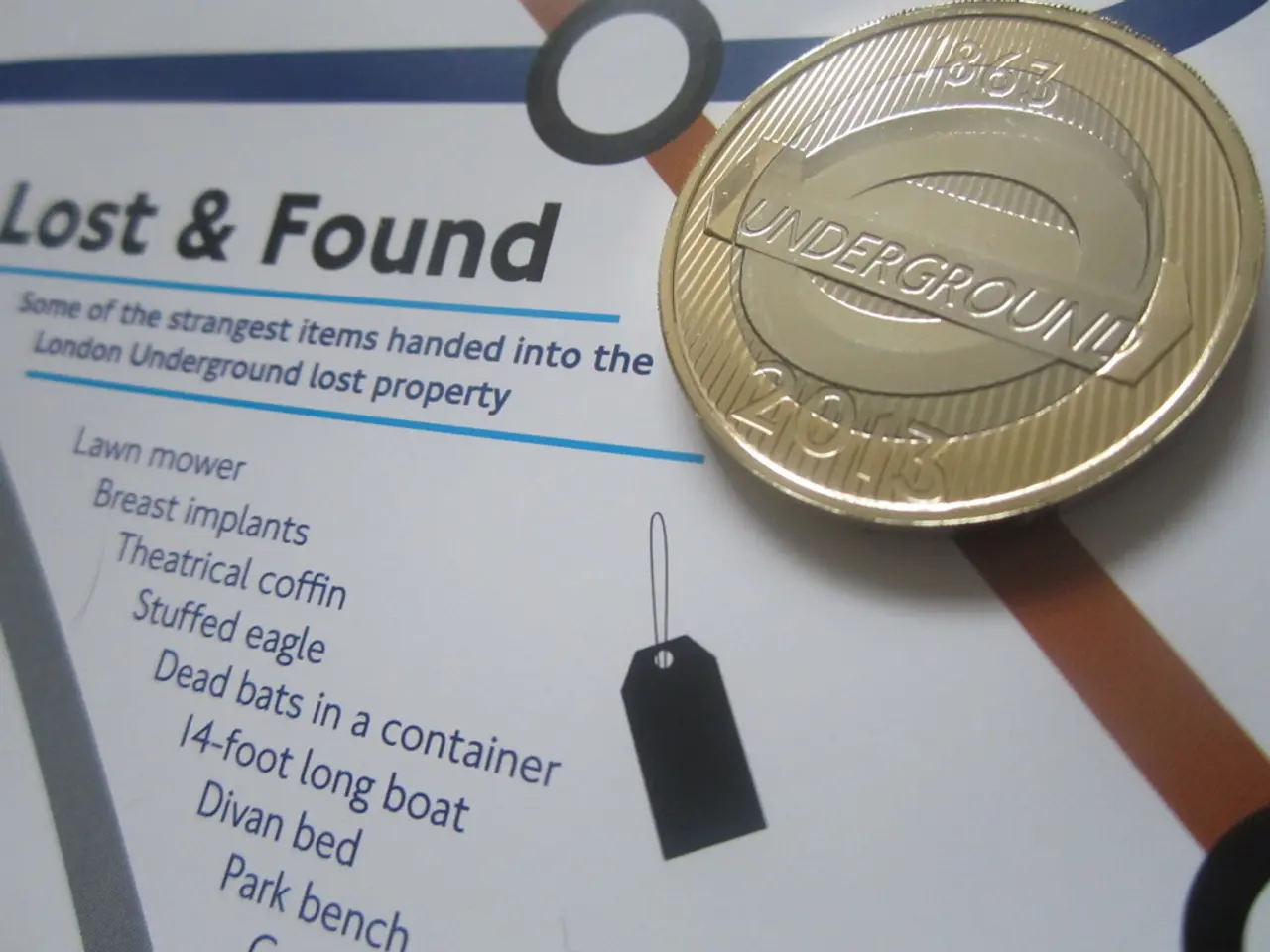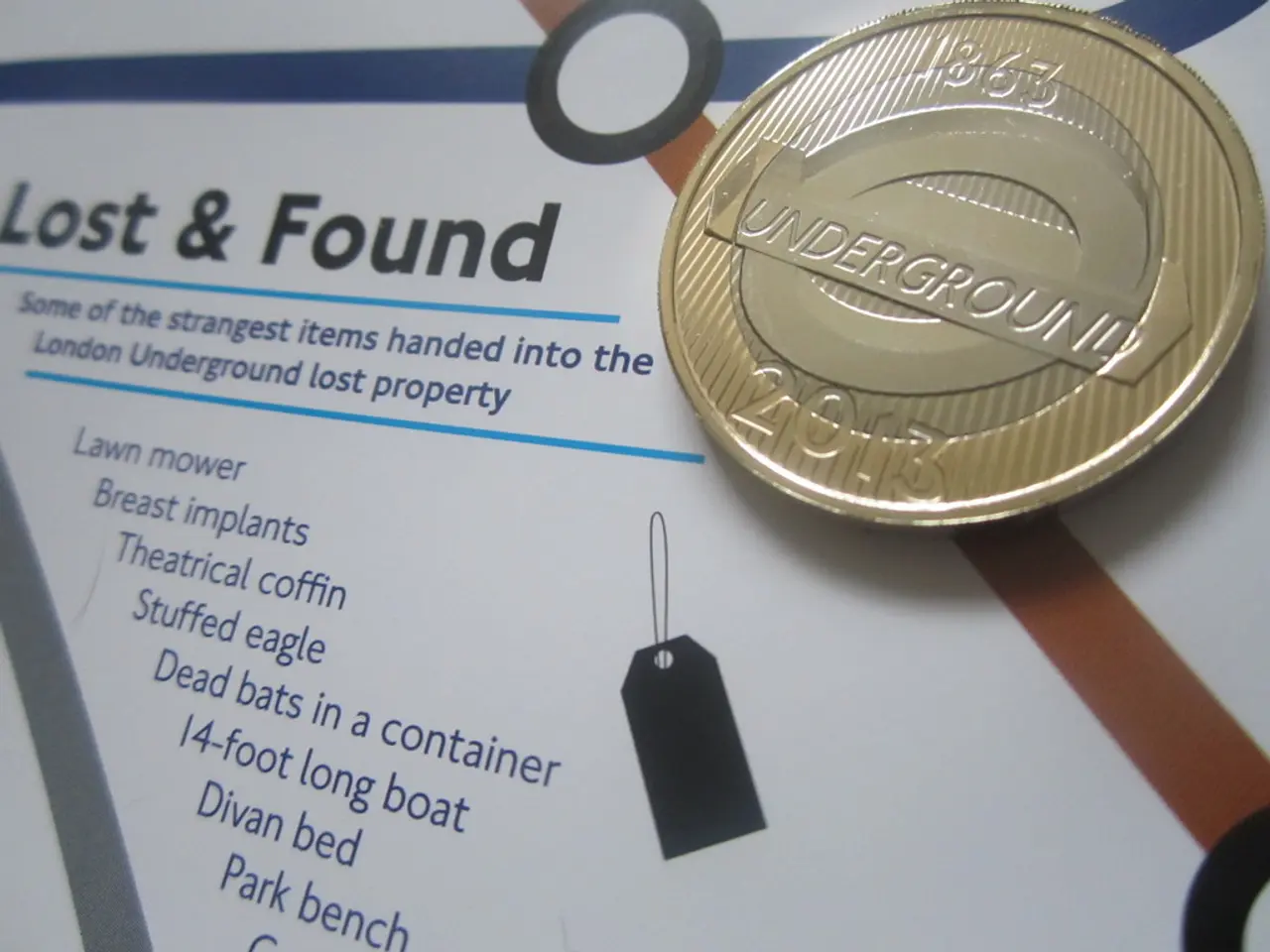Fire on a Farm Near Oldenburg: The Unsettled Insurance Fraud Saga
A Dicey Tale of Suspicious Arson
Farmer Remains Obligated to Cover Insurance Fraud Charges, Despite Not Guilty Verdict in Criminal Trial - Farmer found not guilty of criminal charges, yet still ordered to compensate for insurance deceit
In the heart of Lower Saxony, Germany, a farmer found himself embroiled in a heated drama, a series of fires that razed his property year after year. The case was quite the talking point in the Oldenburg region due to the sequence of bursts and the ensuing investigation revealing some unsettling signs of arson.
The Pyrotechnic Pandemonium
- The Timeline of Havoc: Several barns, storage facilities, and agricultural equipment met their demise across a long stretch of time.
- The Unusual Blaze: Fire investigators detected some peculiar patterns, like traces of accelerants and origins inconsistent with accidental ignitions, raising eyebrows about intentional arson.
In the Eye of the Storm
- The Insurance Claims Crusade: Post-fire, the farmer would file massive claims for damage coverage from insurance companies.
- A Storm of Suspicions: Authorities interrogated the possibility that the fires were calculatingly lit to fool the insurance companies.
- Forensic Research: Investigators painstakingly collected samples and examined fire site data, suggesting manipulation and possible foul play.
The Trial on the Horizon
- The Prosecutor's Pursuit: The farmer was charged with insurance fraud and arson.
- The Courtroom Showdown: As the anticipation grew, defense attorneys cast doubt on the reliability of forensic evidence and entertained the possibility of accidental fires or third-party involvement.
- The Acquittal Surprise: Despite prosecution efforts, the verdict came in the farmer's favor. The court stated that the evidence was not sufficient to convict with certainty.
- The Legal Justification: The decision emphasized the complexities of proving the farmer's guilt, citing insufficient concrete evidence to link the accused directly to the fires.
Post-Trial Shakedown
- The Insurer's Perspective: The insurer, having its own theories about the claims, carried out its own civil inquiry.
- Rural Rumblings: The controversy served as a catalyst for discussions about rural insurance fraud, farm fire safety, and the complications faced in prosecuting such instances.
- The Lessons Drawn: Amidst the chaos, the case brought to light the importance of rigorous investigations, robust fire prevention strategies, and clearer evidentiary requirements in insurance fraud cases.
Would you like more specifics such as specific dates, court documents, or expert opinions on the Oldenburg case?
- The community law and common commercial policy could have potential implications in the Oldenburg case, as the farmer's insurance claims might fall under these categories, raising questions about business practices and insurance fraud.
- The unsettled nature of the Oldenburg case might prompt a review of common commercial policy regarding insurance fraud, with a focus on improving evidence standards and prevention strategies for similar incidents in the future.




